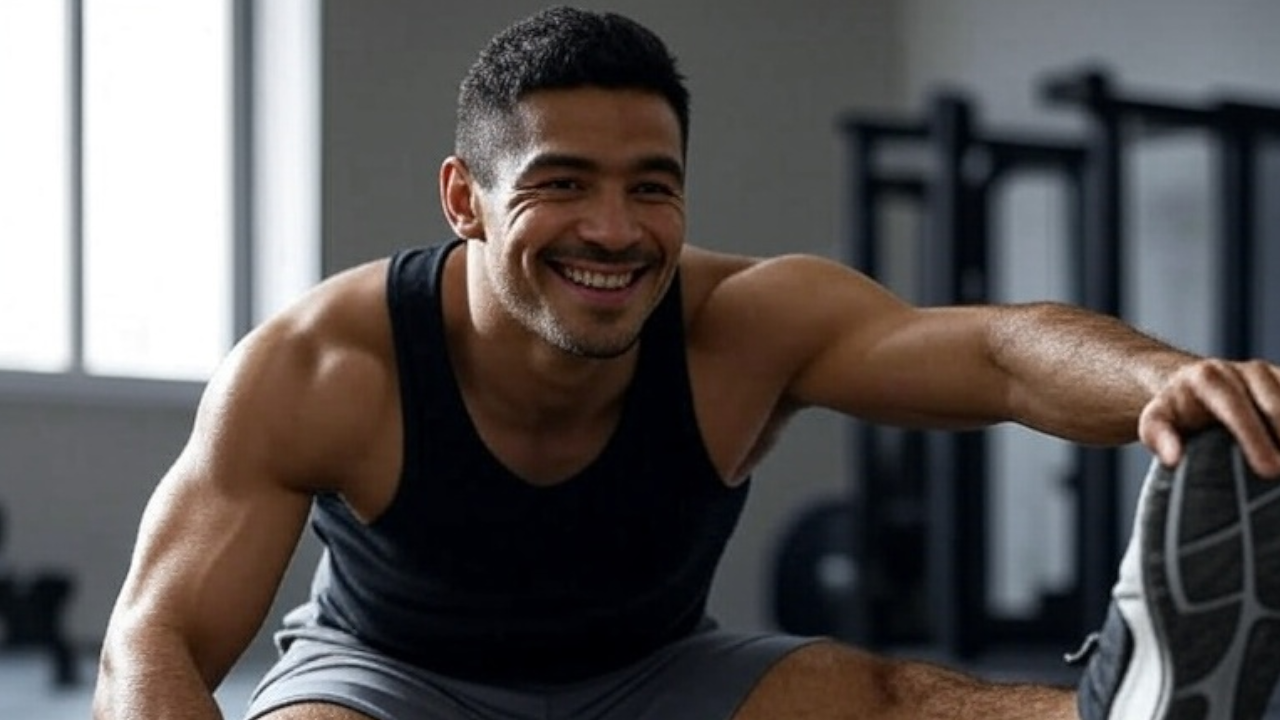What is kinesiopathology?
Kinesiologic pathology describes pain caused by imbalances in how we move.

Kinesiologic pathology describes pain caused by imbalances in how we move. As a physical therapist focused on wellness, I’ve seen this concept help patients reduce discomfort. Let’s explore how the movement system functions, why balance is crucial, and how correcting movement patterns can ease pain.
The Movement System: Your Body’s Teamwork
Your movement system is the network of muscles, joints, bones, and nerves that lets you walk, lift, or sit. It’s like a team where every part plays a role. When everything works together, movement feels effortless. But when parts are out of sync, you get pain or dysfunction from faulty movement habits.
Why Balance Is Key
Balance means muscles and joints share the workload evenly. Imbalances, like tight or weak muscles, throw this off. Daily habits, sitting too long, favoring one side, or repetitive motions, create uneven tension. This can cause microtrauma, tiny tissue damage, or sensitivities, leading to pain. For example, unused glutes might overwork your lower back, causing discomfort.
How Imbalances Lead to Pain
When the movement system is unbalanced, tissues take on too much stress. Tight muscles pull joints out of place, while weak ones fail to support them. This can irritate tissues or cause small injuries. A weak hip, for instance, might make your knee ache during walking. These issues can grow if not corrected.
Correcting Movement to Ease Pain
A movement expert, like a physical therapist, can assess your movement, spotting issues like uneven posture or poor form. They’ll design a plan with daily habits as well as exercises to strengthen weak areas, stretch tight muscles, or retrain habits, like bending correctly when lifting. These changes reduce tissue stress, ease pain, and restore balance.
Moving Toward Comfort
Kinesiologic pathology shows pain often stems from how we move. With expert guidance, you can address imbalances and feel better. It takes commitment, but the result, a stronger, more comfortable you, is worth it.



